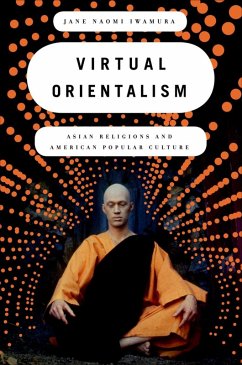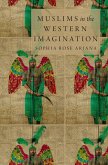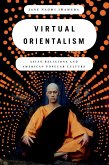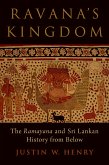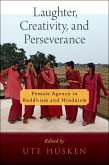Saffron-robed monks and long-haired gurus have become familiar characters on the American popular culture scene. Jane Iwamura examines the contemporary fascination with Eastern spirituality and provides a cultural history of the representation of Asian religions in American mass media. Encounters with monks, gurus, bhikkhus, sages, sifus, healers, and masters from a wide variety of ethnic backgrounds and religious traditions provided initial engagements with Asian spiritual traditions.
Virtual Orientalism shows the evolution of these interactions, from direct engagements with specific individuals to mediated relations with a conventionalized icon: the Oriental Monk. Visually and psychically compelling, the Oriental Monk becomes for Americans a ''figure of translation''--a convenient symbol for alternative spiritualities and modes of being. Through the figure of the solitary Monk, who generously and purposefully shares his wisdom with the West, Asian religiosity is made manageable-psychologically, socially, and politically--for popular culture consumption. Iwamura's insightful study shows that though popular engagement with Asian religions in the United States has increased, the fact that much of this has taken virtual form makes stereotypical constructions of "the spiritual East" obdurate and especially difficult to challenge.
Dieser Download kann aus rechtlichen Gründen nur mit Rechnungsadresse in A, B, BG, CY, CZ, D, DK, EW, E, FIN, F, GR, HR, H, IRL, I, LT, L, LR, M, NL, PL, P, R, S, SLO, SK ausgeliefert werden.

